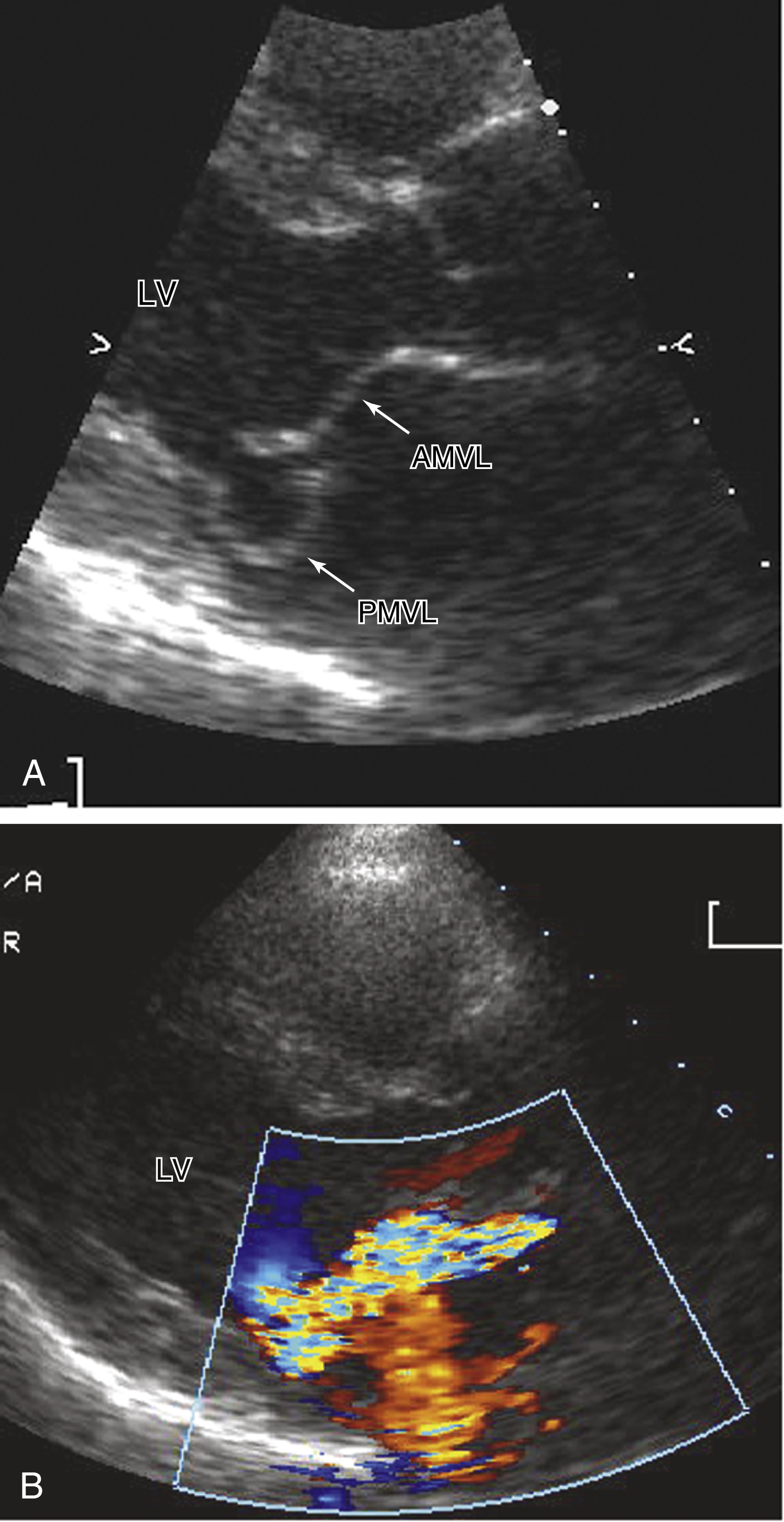echocardiography /ek′ōkär′dē·og″rəfē/ [Gk, echo + kardia, heart, graphein, to record] , a diagnostic, noninvasive procedure for studying the structure and motion of the heart. Ultrasonic waves directed through the heart are reflected backward, or echoed, when they pass from one type of tissue to another, such as from cardiac muscle to blood. The sound waves are transmitted from and received by a transducer and are recorded on a strip chart. Major diagnostic uses include the detection of atrial tumors and pericardial effusion, measurement of the ventricular septa and ventricular chambers, evaluation or monitoring of prosthetic valve function, and determination of mitral valve motion abnormalities and congenital lesions. Also called ultrasonic cardiography. See also phonocardiograph, ultrasonography.

